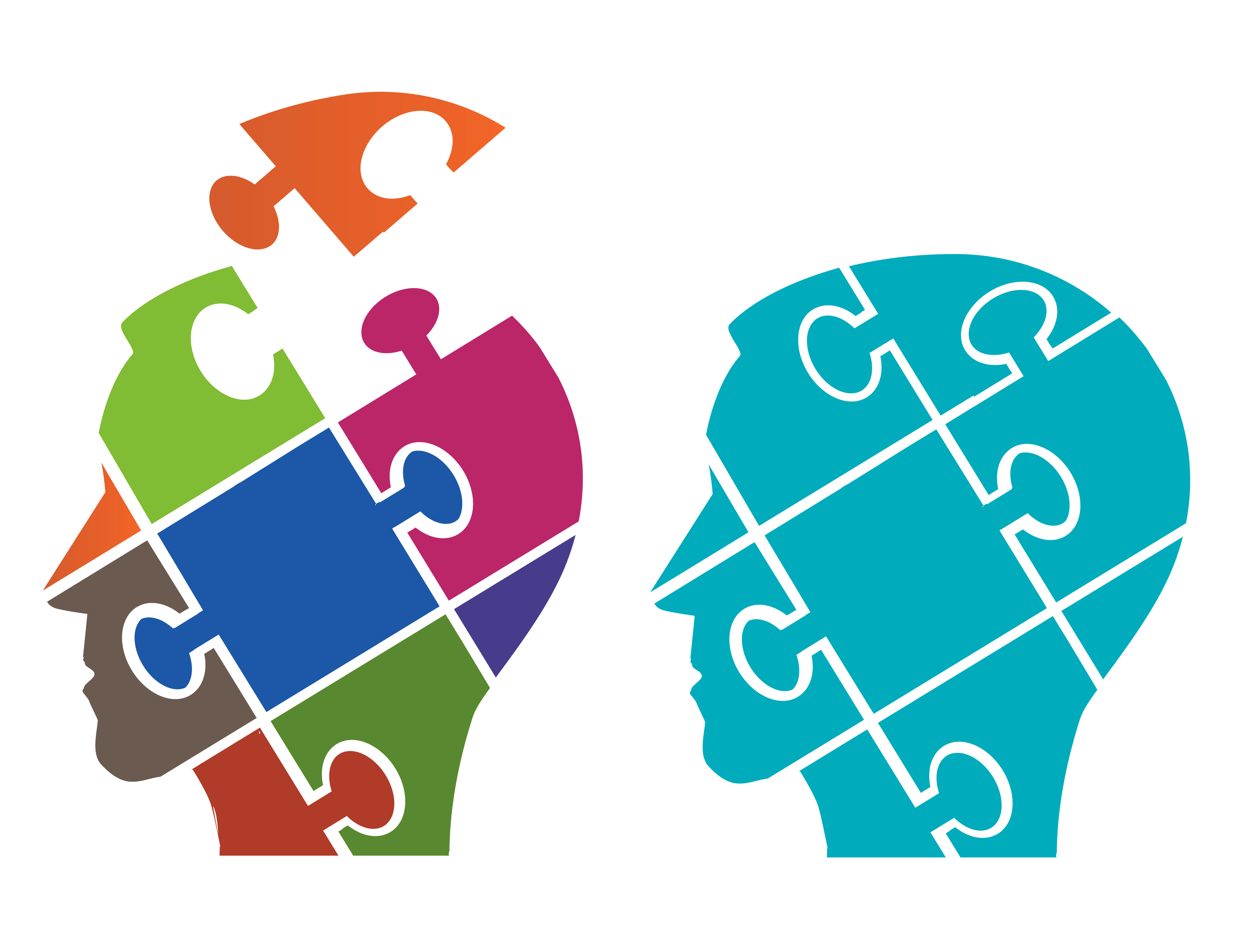
Toronto Psychologist Offers Psychological Assessments
Dr. O'Connor, a Toronto psychologist, offers a range of psychological issues and concerns that
present in children, adolescents and young adults. These include
learning and academic problems as well as social, emotional and behavioral concerns. Her services increase
understanding of the psychological concerns that present in children, adolescents and young adults and lead to evidence based interventions to address them.
When you work with Dr. O’Connor
you have access to the expertise and advice of a licensed clinical
psychologist with expertise and training in school neuropsychology.
Dr. O'Connor has extensive experience working with children,
adolescents, young adults and their families, and the helping
professionals who support them. Her psychological assesssment and testing services reflect her post doctoral training in school neuropsychology. She integrates a school neuropsychological
understanding into the
psychological testing and assessment services she offers to young
people, their families and the helping
professionals who work with them. Through her training in school
neuropsychology, Dr. O'Connor integrates an understanding of the
neurobiological basis of the learning, emotional, social and behavior concerns
that present in a young person.
Dr. O'Connor has the expertise and training to help you, help the young people
you care about and work with. Through her professional career as a
licensed clinical and school psychologist, she has worked with thousands of children, their
families and the professionals who work with them. She offers evidence
based interventions to help with the psychological concerns that present
in a young person. Her services are tailored to the young person's
individual needs and concerns.
"Understanding the Problem is the Key to Solving It." The
assessment, regardless of its focus is the key to developing a
comprehensive understanding of the problem and how to address it.
A Toronto Psychologist Can Help

Dr. O'Connor's psychological assessment and testing services help "get to the root" of the psychological challenges young people face and lead to evidence based solutions to address them. Dr. O'Connor's psychological assessments explore the multiple factors that often interact, contribute to and maintain the psychological concerns that surface in children, adolescents and young adults.You will learn how well a young person is doing, compared to others his or her age, across a range of developmental domains. These include the social, emotional and behavioral domains, as well as the cognitive/learning domains.You will also learn where a young person's strengths lie, and where there is cause for concern.
Promoting Positive Outcomes
Not only do Dr. O'Connor's psychological testing services uncover the nature and extent of the young person's psychological challenges, they become part of the solution and lead to evidence based interventions to address the psychological challenges the young person exhibits. They increase understanding of the psychological problems that can present in a young person, and how to help.
In addition, Dr. O'Connor's psychological assessments also help parents and young people move beyond the problem and what’s wrong, to explore "what’s working” and the strengths and positives that also present. She encourages parents and helping professionals to harness the positives and “what works” and to use these to develop evidence based interventions to help address child and adolescent problems, or those that present in a young person.
Dr. O'Connor's services, including her psychological assessments, encourage the enhancement of healthier coping strategies in young people and increased psychological well-being and competence. Her services help promote psychological resilience and positive outcomes in the young people you care about and work with.
Find out where things are going well for the young person, and where interventions are required and what types of interventions might help.
Dr. O'Connor, psychological assessments increase understanding of the psychological problems that can present in a young person, and how to help. Her services help promote positive outcomes in the children, adolescents and young people you care about and work with.
Focus of Dr. O'Connor's Practice
, Dr. O'Connor, a Toronto Psychologist, focuses on the following issues and concerns:
- Learning Disabilities
- Reading and Other Learning Disorders
- Memory Problems
- Learning/School Problems
- Traumatic Brain Injury
- Behavior, Social and/or Emotional Problems
- Child Trauma including Post Traumatic Stress Disorder and Complex Trauma.
Psychological Assessments Include:
- Comprehensive Psychological Assessments:
- School Neuropsychological Assessments
- Trauma Based Assessments
- Social, Emotional and Behavioral Assessments
Dr. O'Connor's assessments integrate a school neuropsychological perspective.
Contact Dr. O'Connor to learn more about her Psychological Assessments and Testing Services and how they can help.
Dr. O'Connor runs her practice, in Toronto (Yonge & St.Clair).
She also offers Psychological Assessment and Testing Services at her
office in Barrie to clients in the Simcoe County and York Region areas.
She provides assessment and testing services through the Lingyu International Psychology Centre.
Dr. O'Connor is the author of I Can Be Me-A Helping Book for Children from Troubled Families. This book includes a special focus on children of addicted family members. It is currently being updated to reflect the recent literature on Adverse Childhood Experiences (ACEs).